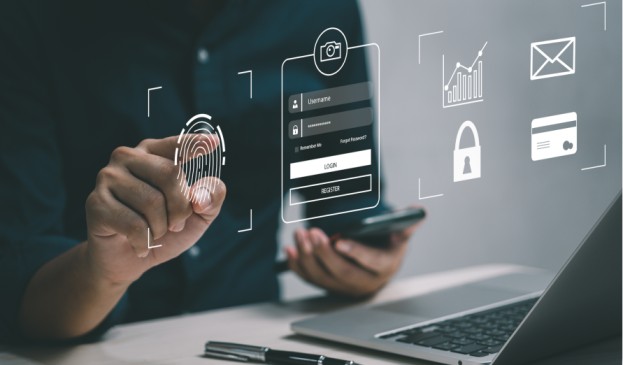In today’s competitive landscape, personalization has emerged as a key driver of customer satisfaction and loyalty. As consumers increasingly expect tailored experiences, businesses must leverage technology to meet these demands. App development plays a crucial role in enabling organizations to deliver personalized experiences that resonate with users. Here’s how app development can help businesses create and enhance personalization:

1. User-Centric Design and Features
App development begins with understanding the target audience. By incorporating user-centric design principles, businesses can create apps that cater to the specific needs and preferences of their users. Features like customizable interfaces, theme options, and user-friendly navigation enhance the overall experience, making users feel more connected to the brand.
2. Data Collection and Analysis
Mobile apps provide businesses with valuable data on user behavior, preferences, and interactions. By collecting data through user registrations, in-app actions, and feedback, companies can gain insights into what customers want. This data can be analyzed to identify trends and patterns, enabling businesses to create targeted marketing campaigns and product offerings that align with user interests.
3. Personalized Recommendations
One of the most effective ways to enhance personalization is through tailored recommendations. By utilizing algorithms and machine learning, businesses can analyze user behavior to suggest relevant products, services, or content. For example, e-commerce apps can recommend items based on past purchases or browsing history, increasing the likelihood of conversions and enhancing the user experience.
4. Targeted Push Notifications
Push notifications offer an excellent opportunity for businesses to engage users with personalized content. By segmenting users based on their preferences and behavior, companies can send targeted notifications that resonate with individual interests. For instance, a fitness app might send workout tips based on the user’s activity level or goals, while a retail app could alert users about special promotions on items they’ve previously shown interest in.
5. Dynamic Content Delivery
With app development, businesses can deliver dynamic content that adapts to user preferences and behaviors. This approach allows companies to showcase relevant articles, videos, or promotions based on user interactions within the app. For instance, a news app might curate a personalized feed of articles tailored to a user’s reading habits, ensuring a more engaging experience.
6. User Profiles and Customization
Creating user profiles within an app allows users to personalize their experience further. Businesses can enable users to set preferences, save favorite items, and customize their app interface. By allowing customers to curate their experience, companies can foster a sense of ownership and engagement, enhancing loyalty and satisfaction.
7. Behavioral Triggers
Apps can leverage behavioral triggers to deliver personalized experiences in real time. For example, if a user frequently engages with specific content or features, the app can automatically surface similar content or prompt users to explore related offerings. This proactive approach ensures that users always receive relevant information, increasing engagement and retention.
8. Location-Based Personalization
Integrating location-based services into app development allows businesses to offer personalized experiences based on users’ geographical locations. For instance, a restaurant app can provide users with tailored offers based on their proximity to the establishment. Additionally, travel apps can recommend nearby attractions or activities, enhancing the overall user experience.
9. Feedback Mechanisms
Incorporating feedback mechanisms within the app allows users to share their preferences and experiences directly with the business. This two-way communication not only helps businesses improve their offerings but also empowers users to feel valued and heard. Regularly soliciting feedback and acting on it can lead to a more personalized experience and foster stronger customer relationships.
10. Continuous Improvement
App development is an ongoing process that allows businesses to continuously refine their personalization strategies. By monitoring user interactions and gathering feedback, companies can identify areas for improvement and implement updates that enhance personalization features. This adaptability ensures that businesses can stay ahead of changing customer expectations and maintain a competitive edge.
Conclusion
App development is a powerful tool for businesses seeking to provide personalized experiences to their customers. By leveraging data, user-centric design, and targeted features, companies can create apps that resonate with users on a deeper level. As personalization becomes increasingly important in driving customer loyalty and satisfaction, investing in app development will be essential for businesses looking to thrive in today’s competitive landscape.


No responses yet